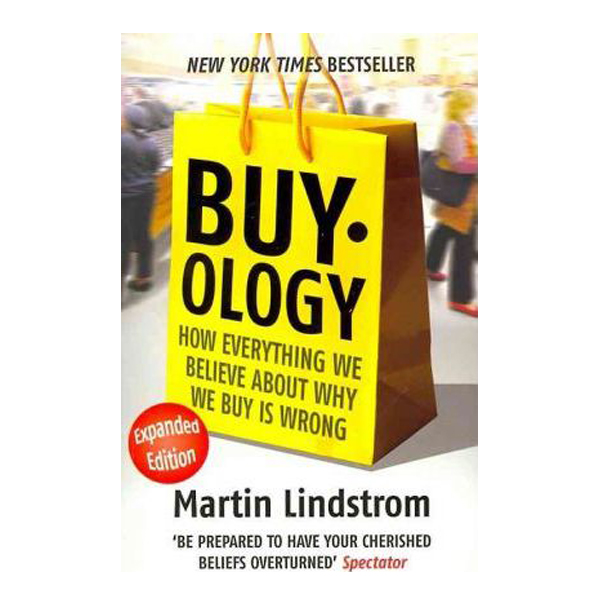Sách Truth And Lies About Why We Buy – Điều Gì Khiến Khách Hàng Chi Tiền? pdf ebook doc epub word wattpad prc đọc online Tác giả: Martin Lindstrom.
👉 Link Sách: https://bit.ly/3t7akHX

1. Review sách Truth And Lies About Why We Buy – Điều Gì Khiến Khách Hàng Chi Tiền?
Sách ebook review Truth And Lies About Why We Buy – Điều Gì Khiến Khách Hàng Chi Tiền? file pdf dowload word audio mp3 Tác giả: Martin Lindstrom trong danh mục: Sách kinh tế / Sách Marketing – Bán hàng có giá chỉ: 165.000 ₫, xếp hạng: , đi kèm với hơn: nhận xét, đánh giá từ độc giả.
2. Thông tin sách Truth And Lies About Why We Buy – Điều Gì Khiến Khách Hàng Chi Tiền?
Sách Truth And Lies About Why We Buy – Điều Gì Khiến Khách Hàng Chi Tiền? Tác giả: Martin Lindstrom, Công ty phát hành Penguin Random House Nhà xuất bản Penguin Random House Ngày xuất bản 05-2009 ISBN-13 9781847940131 Kích thước 129 x 198 x 17 mm Loại bìa Paperback Số trang 272 SKU 3821713878642.
3. Mô tả sách Truth And Lies About Why We Buy – Điều Gì Khiến Khách Hàng Chi Tiền?
Most anti-smoking campaigns inadvertently encourage people to smoke. The scent of melons helps sell electronic products. Subliminal advertising may have been banned, but it’s being used all the time. Product placement in films rarely works. Many multi-million pound advertising campaigns are a complete waste of time. These are just a few of the findings of Martin Lindstrom’s groundbreaking study of what really makes consumers tick. Convinced that there is a gulf between what we believe influences us and what actually does, he set up a highly ambitious research project that employed the very latest in brain-scanning technology and called on the services of some 2000 volunteers. Buyology shares the fruits of this research, revealing for the first time what actually goes on inside our heads when we see an advertisement, hear a marketing slogan, taste two rival brands of drink, or watch a programme sponsored by a major company. The conclusions are both startling and groundbreaking, showing the extent to which we deceive ourselves when we think we are making considered decisions, and revealing factors as varied as childhood memories and religious belief that come together to influence our decisions and shape our tastes.

